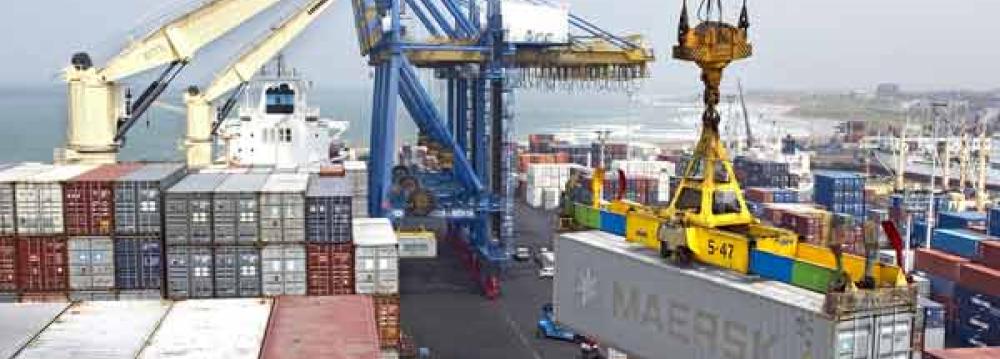Years of excessive optimism and financial innovation led to record household debt and a banking crisis in Denmark in the naughts. Conditions are ripening again for a similarly heady combination, according to the country’s financial watchdog.
The Financial Supervisory Authority laid out Wednesday the strategy that will guide its work until 2020. Denmark’s lenders are now healthier than they’ve been in almost a decade, so its chief focus will be on ensuring that an improving economy doesn’t erode progress made in rebuilding banks’ capital and liquidity, Jesper Berg, head of the Copenhagen-based agency, said in a statement, Bloomberg reported.
“Historically, the seeds for problems are sown in good economic times,” said Berg, who took over as head of the FSA in October. “We want to ensure that financial undertakings consolidate and show prudence so that they are better prepared for the next economic downturn.”
Already there are signs that banks, under pressure from a negative central bank rate, are easing credit conditions to combat lackluster loan demand in almost all areas but the property market. An April investigation by the FSA into select banks’ mortgage lending in Denmark’s two largest cities found institutions deviated from price lists, didn’t seriously consider borrowers’ debt burdens and failed to verify property values.
Lending Shrinks
Faced with the likely prospect of rates not rising above zero until 2018 and potentially tougher regulatory requirements, banks warn rising requirements are pushing borrowing costs up, discouraging investment and consumer spending. Bank lending shrank by 2% in the five years through 2015, according to FSA data.
“Confidence in the system is vital for the financial system to contribute as much as possible to the prosperity and continued growth of Denmark,” Berg said. “Our job is to help ensure that consumers and undertakings are able to make financial choices in the knowledge that we are there to protect their interests.”
About 40% of Denmark’s banks collapsed or merged in the years after a regional bank was declared insolvent in 2008 amid a bursting property bubble.
But in the five years through 2015, industry profits climbed more than tenfold, according to FSA data. A plunge in impairments and higher income from fees helped compensate for the progressively more negative interest rate that the central bank was forced to resort to in order to defend Denmark’s currency peg.
To address what it called the “new challenges,” the FSA said it will pressure financial institutions “to show prudence in good times” and will step up monitoring of the systemic risks their business decisions create.


